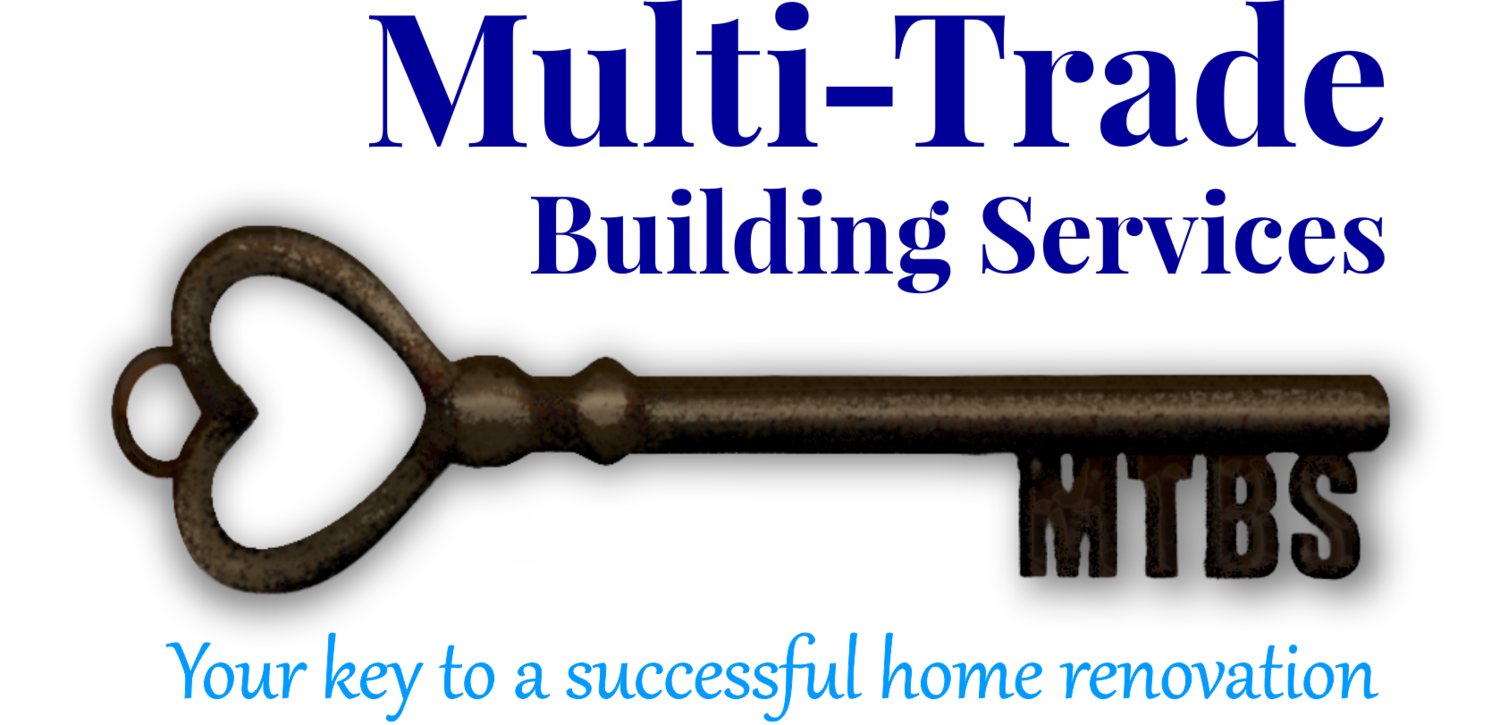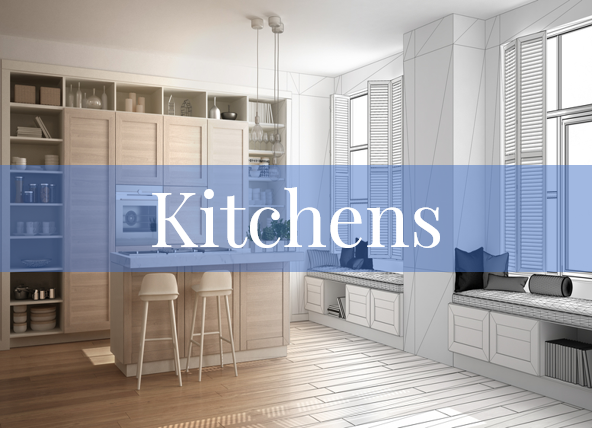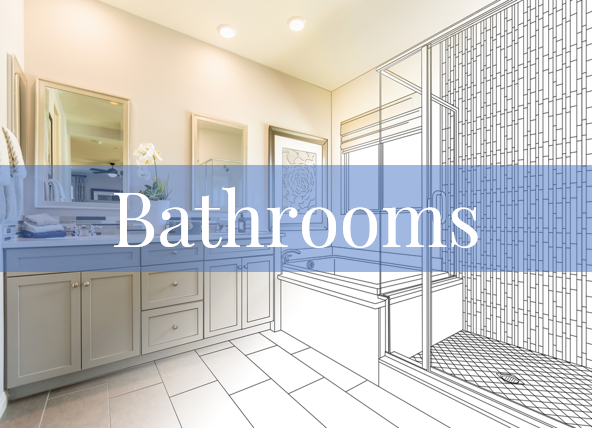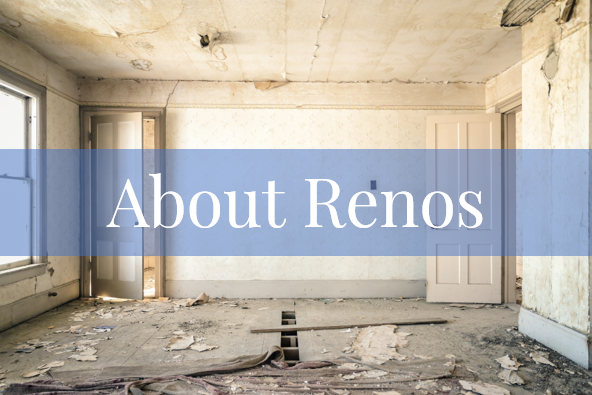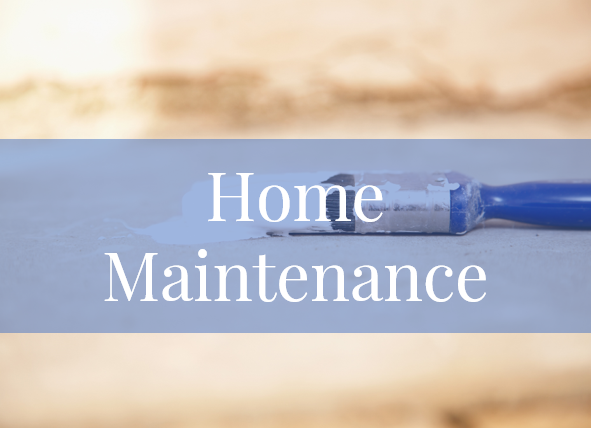From Carpet to Tile: Discover the 7 Best Flooring Options for a Functional Basement
/Basements can be a tricky space to decorate and design, especially when it comes to choosing the right flooring. Whether you're looking to create a cozy family room, a home gym, or a guest suite, the flooring you choose can make a big difference in the look and feel of your space. From carpet to tile, there are countless options available, each with its own set of pros and cons. So, how do you choose the perfect flooring for your basement?
We've done the research for you and narrowed down the 7 best flooring options that not only offer durability and moisture resistance but also add style and comfort to your basement.
So, let's dive in and discover the best flooring options for your basement that will not only meet your functional needs but also elevate the overall aesthetic of your space.
Prefer to listen?
Factors to Consider When Choosing Basement Flooring
Before we dive into the different types of flooring options available for your basement, let's first take a look at some of the key factors you should consider when making your decision.
Moisture Resistance
One of the most important factors to consider when choosing basement flooring is moisture resistance. Basements are notorious for being damp and humid, and if your flooring isn't able to withstand moisture, you could end up with mould, mildew, and other water damage.
Durability
Another important factor to consider is durability. Basements are often high-traffic areas, with heavy furniture, exercise equipment, and other items being moved around on a regular basis. You'll want to choose a flooring option that can withstand the wear and tear of daily use.
Style and Design
Of course, you'll also want to choose a flooring option that fits with the overall style and design of your basement. Whether you're going for a cozy, rustic look or a sleek, modern vibe, the right flooring can tie the whole room together.
Option 1. Carpet
Carpet flooring is undeniably a popular choice, especially when it comes to basements. Whether you're looking to transform your basement into a welcoming family room or a home theatre, carpet flooring is definitely worth considering.
Pros
One of the biggest advantages of carpet flooring is its comfort. It provides a soft, plush, warm surface that's perfect for lounging on or playing games with the family. Moreover, carpet flooring serves as an excellent choice for those seeking to minimize noise in their basement.
Cons
One of the most significant downsides is its vulnerability to moisture. This means that if your basement is prone to flooding or leaks, your carpet floor can quickly become a breeding ground for mould and mildew, resulting in potentially irreversible damage.
Furthermore, compared to other flooring options, carpet flooring is difficult to clean. The fibres of the carpet can easily trap dust, dirt, and allergens, making it a challenge to maintain its cleanliness and hygiene. This can be particularly concerning for individuals who suffer from allergies or respiratory issues, as the accumulated allergens can exacerbate their symptoms.
Option 2. Tile
Tile flooring is a broad term that encompasses a variety of materials, including stone, ceramic, and porcelain. With advancements in technology, tiles can now be made to resemble other flooring materials, providing homeowners with a vast array of options to choose from.
Pros
One of the biggest advantages of tile is its durability. It can withstand heavy foot traffic as well as spills and moisture. It's also easy to clean and maintain, making it a great choice for busy families.
Cons
The main drawback of tile is its hardness. It can be uncomfortable to stand on for long periods of time and can be slippery when wet. It's also a more expensive labour option than some of the other flooring choices available.
Option 3. Vinyl
Vinyl flooring, a popular synthetic flooring option, is crafted from polyvinyl chloride plastic, commonly referred to as PVC. This versatile material is transformed into thin, flexible sheets by heating small pieces of coloured PVC and then pressing them together. These sheets can either be used as-is or cut into tiles or planks, giving homeowners the opportunity to create unique flooring designs in their spaces.
Pros
Vinyl flooring stands out as an incredibly affordable choice, making it an attractive option for families looking to stick to a budget. Not only is it cost-effective, but it also boasts impressive water-resistant qualities, making it particularly suitable for moisture-prone basements. With its affordability and resistance to water, vinyl flooring has become a go-to option for many homeowners seeking a practical flooring solution that doesn't break the bank.
Cons
The main drawback of vinyl flooring is its durability. It's not as durable as some of the other flooring options available and can be prone to scratches and dents. It's also not as eco-friendly as some of the other flooring options, as it's made from synthetic materials.
Option 4. |Luxury Vinyl Plank Flooring
Unheard of before the mid-1970s, vinyl plank flooring took the world by storm and is the flooring of choice for millions of homeowners. Its unique construction consists of a particleboard wood base, which provides stability and strength, topped by an image layer that replicates the look of real hardwood, stone, or tile, and a transparent wear layer that protects the surface from scratches, stains, and fading.
Pros
Luxury vinyl plank flooring is highly regarded for its exceptional durability, which is undeniably one of its greatest advantages. With the ability to withstand heavy foot traffic, spills, and moisture, vinyl plank flooring proves to be a reliable and long-lasting option for your basement. Vinyl plank floors are incredibly easy to clean and maintain, ensuring that they remain in pristine condition for years to come. Its low-maintenance nature makes it even more appealing, particularly for those seeking a flooring option that is both robust and hassle-free.
Cons
The main drawback of vinyl plank flooring is its hardness. It can be uncomfortable to stand on for long periods of time and can be slippery when wet. It's also not as eco-friendly as some of the other flooring options, as it's made from synthetic materials.
Option 5. Concrete
Concrete flooring is highly sought-after due to its durability and low-maintenance nature. It is especially suitable for basements where moisture and potential flooding can be a concern. The use of concrete flooring creates a sleek and modern aesthetic, making it an excellent choice for those aiming to achieve an industrial or contemporary look.
Pros
Concrete flooring requires minimal maintenance, making it incredibly convenient and cost-effective. Not only is concrete flooring easy to clean, but it also offers the added benefit of being stain-resistant. Whether it's a red wine spill or a muddy shoe print, you can rest assured that your concrete floors can be effortlessly wiped clean.
Cons
The main disadvantage of concrete flooring is its hardness. It can be uncomfortable to stand on for long periods of time and can be slippery when wet. It's also not a great option if you're looking to create a warm and cozy space.
Option 6. Engineered Hardwood
Engineered hardwood is constructed using layers of both hardwood and plywood. These layers are bonded together to create a strong and stable flooring option that can withstand the test of time. Engineered hardwood flooring can be a great choice for those who desire the timeless beauty of hardwood but are working with a more limited budget.
Pros
One of the key pros of engineered hardwood is its stylish appearance. With a surface that looks identical to traditional hardwood flooring, engineered hardwood adds a touch of elegance and sophistication to any space. Whether you choose a rustic oak or a sleek maple finish, this type of flooring is sure to enhance the overall aesthetic appeal of your home.
Cons
Maintenance is an important aspect to consider when it comes to engineered hardwood flooring. While it offers many benefits, it is crucial to acknowledge a few potential drawbacks. One of the cons is that engineered hardwood can be potentially weak compared to solid hardwood. It is important to keep in mind that it is engineered and not solid wood, which may result in slightly decreased durability.
Option 7. Cork
Cork flooring is an outstanding example of how utilizing natural and renewable materials can benefit both our homes and the environment. Made from the bark of cork oak trees, which are primarily found in Spain, Portugal, and Tunisia, cork flooring is not only sustainable but has also been a trusted choice for construction purposes for centuries.
Pros
One of the key reasons why cork flooring is highly regarded is its sustainability. The bark of the cork oak tree is carefully harvested without causing any damage to the tree itself, allowing it to regenerate and continue its natural growth cycle. This means that cork flooring can be produced without depleting the cork oak tree population, making it an environmentally conscious choice for those who prioritize sustainability in their construction projects.
Cons
It is important to understand that, like any other flooring option, cork flooring also has its drawbacks. One of the main concerns with cork flooring is its softness. While this softness may provide some cushioning underfoot, it can also lead to scratches and dents over time, especially in high-traffic areas. This can be a major concern for those who are looking for floors that maintain a 'perfect-looking' appearance for years to come.
In conclusion:
Choosing the right basement floor requires careful planning, extensive research, and assistance from professionals. If you're interested in turning your basement into a functional and beautiful space, we are here to guide you through the process. We understand the importance of selecting the right basement flooring and offer free consultations to help you make an informed choice.
